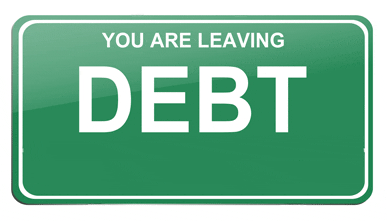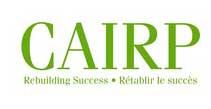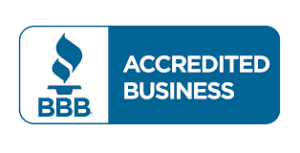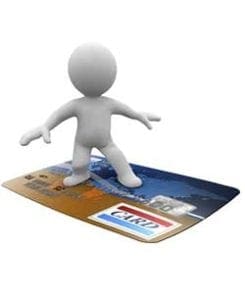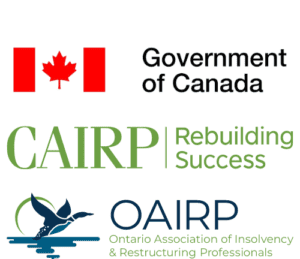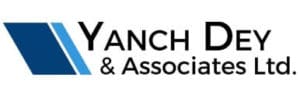CRA has far stronger collection powers than regular creditors, and they can act without going to court.
When tax debt falls behind, CRA can move quickly and take action that impacts your daily life.
CRA collections feel overwhelming because:
- They can garnish your wages, taking up to 50% of every paycheque without warning.
- They can freeze your bank account, locking your money instantly until the debt is paid or a proposal is filed.
- They can seize tax refunds and credits, even if you rely on them for bills.
- They add daily interest and penalties, making the balance grow rapidly.
- They can issue Requirement to Pay orders, forcing your employer or bank to send money directly to them.
This is why people in CRA collections often need a fast legal solution.
What Happens to CRA Collections When a Proposal Is Filed
A consumer proposal creates an automatic stay of proceedings, which legally stops CRA from taking or continuing collection actions.
Once your trustee files the proposal:
- Wage garnishments must stop immediately, even if money has already been deducted.
- Frozen bank accounts are released, allowing you to access your money again.
- Collection calls end, because CRA must communicate with your trustee.
- Interest and penalties freeze, preventing the balance from growing.
- Requirement to Pay orders are cancelled, restoring your pay and banking access.
The relief is immediate and legally enforceable.
What Tax Debt You Can Include in a Proposal
A proposal covers almost all CRA tax balances.
This includes:
- Personal income tax debt, from any year with filed returns.
- HST/GST as a sole proprietor, which many people struggle to catch up on.
- Late-filing penalties, which can be substantial.
- Interest charges, which grow daily and make repayment difficult.
Multiple years of unfilled returns, once they are filed before voting. This makes a proposal one of the most powerful tools for tax relief in Canada.
How a Proposal Helps When Your Bank Account Is Frozen
CRA can freeze your bank account with no warning. This can leave you without money for rent, groceries, or bills.
A consumer proposal solves this by:
- Releasing the freeze, since CRA must lift enforcement once the proposal is filed.
- Stopping future freezes, because the stay of proceedings remains in effect.
- Returning control of your account, so you can manage your finances normally again.
- Preventing automatic withdrawals, which CRA may use to seize funds.
Giving you predictable payments, instead of sudden deductions from your account. This brings instant stability to people in crisis.
How Much CRA Usually Accepts in a Proposal
CRA typically accepts proposals that offer more than what they would receive in bankruptcy. Most people repay only a portion of their tax debt.
CRA often agrees because:
- The offer reflects your budget, not the full amount owed.
- They recover more than in bankruptcy, making acceptance logical.
- The plan is supervised by a Licensed Insolvency Trustee, ensuring compliance.
- Income and expenses are reviewed fairly, giving CRA confidence in the proposal.
- Fixed payments reduce the risk of default, which CRA supports.
Most taxpayers end up repaying around 30% of their tax debt.
What to Do If CRA Is Already Taking Money
If CRA has already started wage garnishment or freezing your account, acting quickly helps you regain control.
You should:
- Contact a trustee right away, since they can file the proposal immediately.
- Avoid paying CRA directly, as it does not stop enforcement.
- Gather your tax return information, so the trustee can calculate your debt accurately.
- Let the trustee notify CRA, which stops action faster than contacting CRA yourself.
Prepare to file outstanding returns, since CRA requires them before voting. Most people regain access to their bank account within the same day.
Why a Proposal Is Better Than a CRA Payment Plan
CRA payment plans do not reduce your debt and often require high monthly payments.
A proposal is usually better when:
- Interest makes repayment impossible, even with a payment plan.
- Your income cannot support the amount CRA demands, which is common.
- You need legal protection, not just a temporary arrangement.
- You owe multiple years of tax, and the total is too large to repay.
- CRA collections have already begun, and you need them stopped immediately.
A proposal eliminates interest, reduces the principal, and offers strong legal protection.


